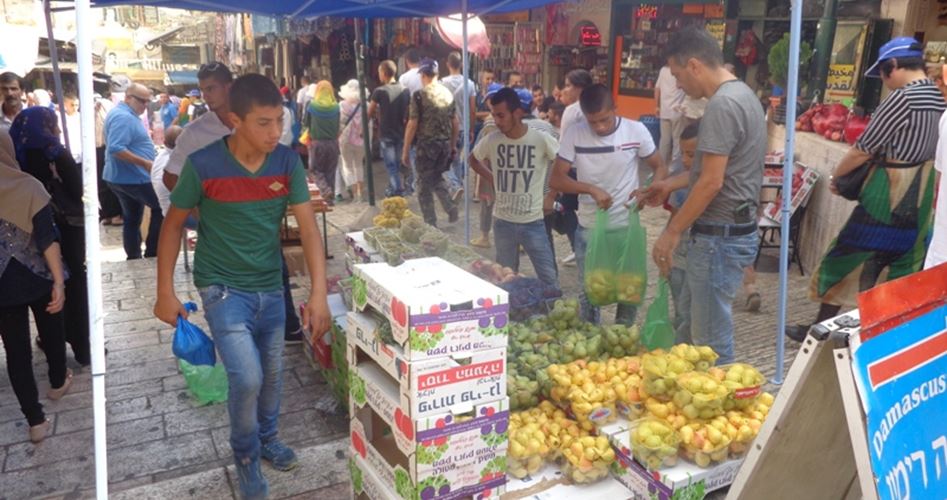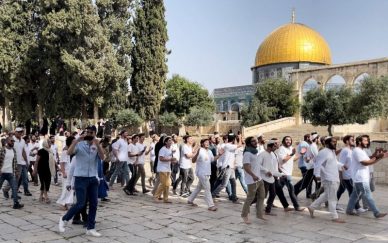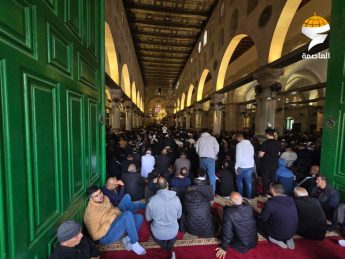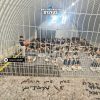The markets of the occupied city of Jerusalem on the eve of Eid al-Adha witnessed a weak trade movement because of the crippling conditions imposed by the Israeli occupation on the holy city.
Traders and shop owners complain about the weakness of demand prior to Eid which coincides with the opening of schools which left a great impact on citizens.
Difficult situation
The head of the Jerusalem merchants’ committee Hijazi al-Risheq described the commercial situation in Jerusalem as very difficult because of the occupation practices and the separation of Jerusalem from the rest of the West Bank.
He confirmed to the PIC reporter that Eid al-Adha coincides this year with the opening of schools which burdens citizens and make them unable to buy the Eid supplies.
Al-Risheq called for extending a helping hand to the Jerusalemite merchants so that they could remain steadfast in their city appealing to citizens to shop from markets of Jerusalem especially since prices are moderate.
Merchant Ameen al-Imam said “I have been in the market for many years and we have not had a bad situation like we do these days.” “The situation is unbearable the markets are empty traders are complaining.”
Supporting Jerusalemites
He stressed the need to provide help and assistance to traders in Jerusalem asking all those who love Jerusalem and Al-Aqsa to come to the city and shop from there stressing that shops in Jerusalem go through a dangerous situation; thus traders in Jerusalem must be supported in line with national spirit.
Trader Munther al-Halawani who owns a shop near Bab al-Amud said there is a commercial recession noting that the sale rate was less than half compared with the previous seasons due to the difficult economic situation.
The Director of the Jerusalem Center for Social and Economic Rights Ziad Hamouri said that the economic movement in the markets of Jerusalem is not as it should be noting that this situation reminds us of what happened last Eid al-Fitr where the movement changed to the better only in the last two days prior to the Eid.
He attributed this to the closure imposed on the city of Jerusalem and the deterioration of the purchase power of citizens.
He noted that traders are always eagerly waiting for Eid to compensate for their losses throughout the year.
On the eve of Eid stalls spread in every corner and street of Jerusalem especially Sultan Suleiman and Salahuddin amid anticipation and wishes for revival of the commercial movement.















